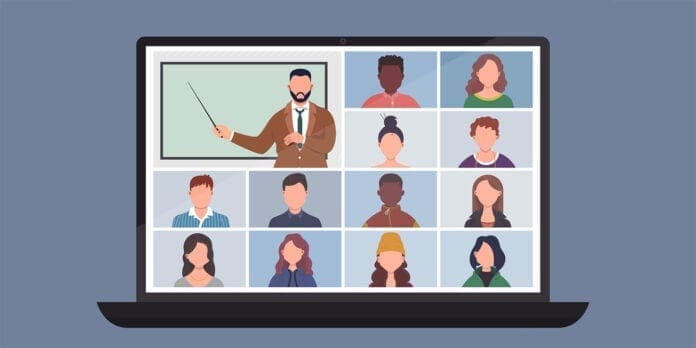This past Saturday, there was a window of a few hours in which we thought our schools were going to be moved to remote learning. What a mess.
Parents were livid and confused. I think six month’s worth of emotions exploded, to be honest, and a lot of us, myself included, realized that we hadn’t paid close enough attention to how decisions were being made. There’s nothing quite like feeling as if you are under attack and having to fight and educate yourself at the same time.
I had met someone for coffee in the morning and was heading home to work the afternoon when my phone started going crazy. I knew something had made people mad but wouldn’t have guessed it was over school. By the time I reached the house, my junior had already heard and was crying in the car.
She repeated, “I can’t do online schooling, Mom. I can’t. I hate it.”
Walked in the door and my eighth grader met me in the kitchen with tears in her eyes. I asked what was wrong and she said that she didn’t want to stay home, and it wasn’t fair. Good news sure does travel fast, eh?
Moving to Ohio?
She followed me into my room, rattling off a list of reasons why she needs to be in school. To hear her say that she needed to learn so she could go to college and not “be dumb” stopped me in my tracks. This is the kid who quit liking school in the fifth grade, y’all, so the fact that she was in literal tears about not going was monumental. She even asked if she could stay with my best friend in Ohio and see me on the weekends so she could go to school.
At one point she said, “and the worst part is that there’s nothing I can do about it.” Her heart was broken.
“Tell the governor,” I said. She rolled her eyes and said, “Yeah, right. Tell him what?” I told her to write him a letter and put in it everything that she had just told me. “Then we’ll mail it?” she asked, while looking at me wide-eyed.
“And email it,” I said. She left the room and was back, not even 10 minutes later, with a letter in her hand. She had done it, just like that. Her letter was short and sweet. She told him it wasn’t fair that college students were making her stay out of school (college student test results had been largely named as a contributing factor to our increased positives) because they’re not in her school. She stated that, “school is important” and ended that thought with, “Especially for this generation because we’re gonna have to be the ones who fix this broken world. Please let us go to school.”
Letters and Emails
Just like that. Done. There’s a lot to unpack about that moment, but what I want to focus on is the fact that she didn’t spend her day on social media complaining about the issue. She didn’t wait for someone else to fix it. She didn’t raise hell and then forget about it five minutes later. She didn’t sit idly by and expect someone else to speak up for her.
She simply did it. So why, do we as adults, not speak to power about the things breaking our hearts? Letters are a great way to start, in my opinion, because you can say what you want without having to look anyone in the eye. Emails are the same way. I have heard most of the excuses. We don’t have the time to get involved, exaggerating the fact that it takes like two minutes to send an email. We don’t know what to say, despite the fact that we can write it on a social media post. They’re not going to listen anyway, which is the biggest cop-out of all, in my opinion.
There are a ton of clichés about “being the change we want to see,” and I am betting that the phrases didn’t become popular so they could be embroidered on throw pillows. Usually we take the biggest risks when we feel as if our kids have been hurt, so why is demanding a less nonsensical plan to COVID-19 schooling not as important?
My kid was so heartbroken over the thought of not returning to school that she threw that energy into a letter. It may not change anyone’s mind alone, but the letters from the rest of my family will be delivered with it, so that’s a start. I hope my kid’s not right; I hope my generation steps up and helps to fix the broken world, too.
Don’t be an armchair activist. Be as brave as an eighth grader.
Onward,
Amy Jo


